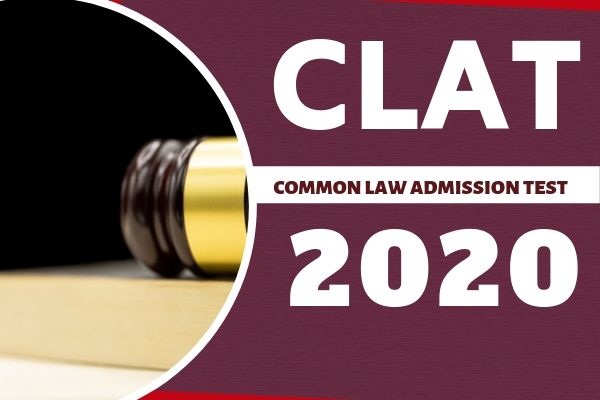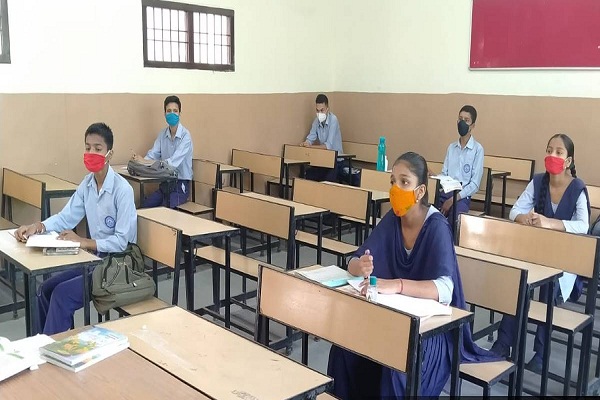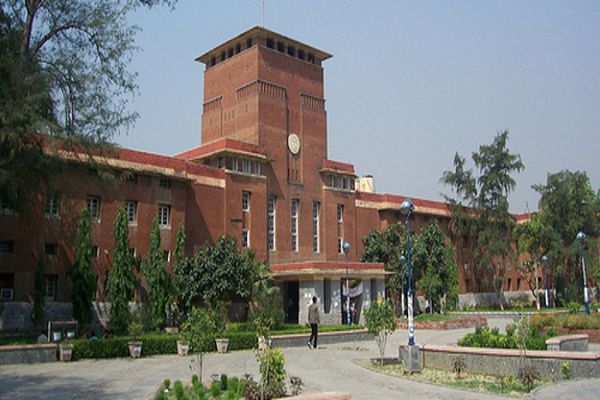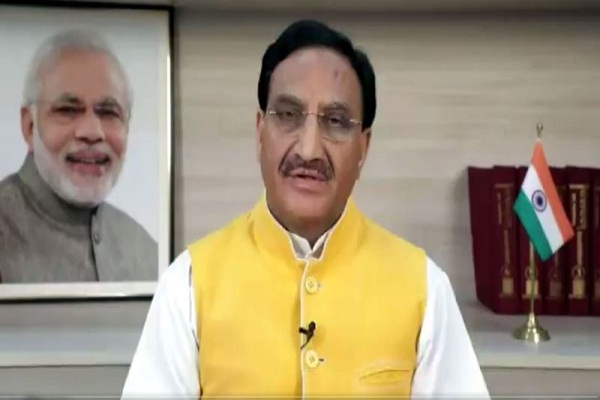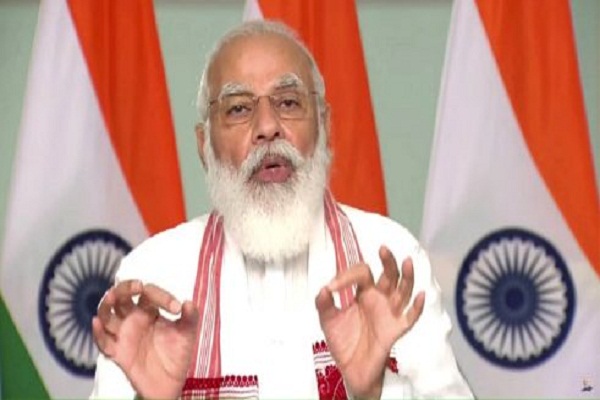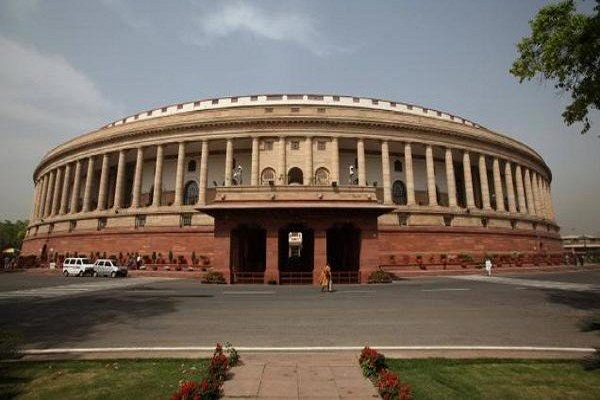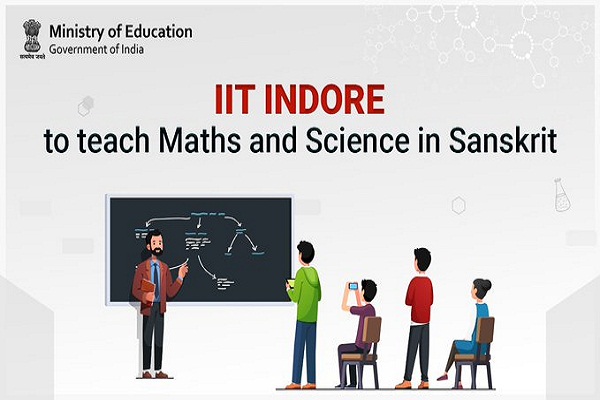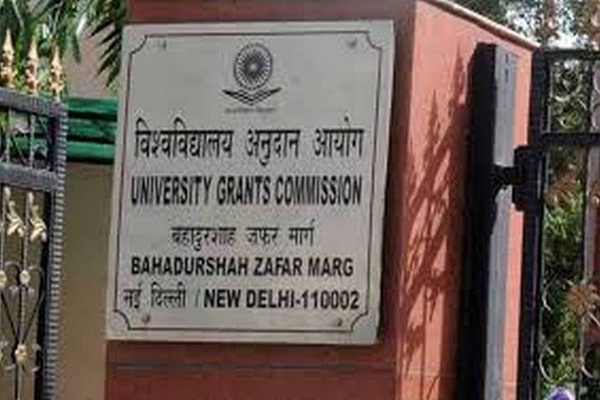With the pandemic having disrupted both the idea and functioning of classroom learning, educators and administrators are scrambling to put together a worthy substitute. An expanding need-gap in this space continues to feed the rising adoption of online education tools along with growing investor interest in ed-tech firms. Amidst all this, teachers, as well as students, the world over are entwined in a parallel dance.
From classrooms to the online classroom: The pandemic & central government policy led shift to online education
Currently, teachers are communicating their lessons to students using a combination of available digital resources. These include video conferencing apps such as Google Meet, Zoom, Cloud Meetings, etc. and online platforms like Google Classroom.
In the past few months since the first wave of lockdowns, the awareness around digital solutions for learning has only grown. Further, the Central Government policy initiative to digitize schools further influenced the schools to make a shift to Blended learning methods. Using digital resources is no longer a matter of choice but of necessity. With Covid-19 and new education policy serving as catalysts, even those educators who could previously afford to be less tech-savvy are now slowly embracing and adapting to digital solutions.
This development is accelerated by the realization that the pandemic-led changes are going to stick around for the foreseeable future. Despite this, the transition to a fully online or even hybrid mode of education is neither seamless nor hassle-free.
Also read: Teaching Learning process in Engineering Education post-Pandemic
More misses than hits: Scanning the scope of improvement
The existing resources that are enabling online teaching and learning are either content-based solutions or fragmented solutions for schools. In the absence of one integrated platform, hopping from one app to another is proving to be stressful for all the participants involved. Continued exposure to video conferencing tools, for instance, has given rise to Zoom fatigue, and no one is immune, be it, students or teachers.
Clearly, the present arrangement is a work in progress. While people are using whatever resources are currently available to make do, there is a need for more effective and efficient solutions – the sooner the better. This is where modern learning management systems step into the picture.
Enter LMS: Towards a more accessible, engaging, and fun online education system
Schools have adopted virtual classrooms to impart education to their students but, as discussed above, this system has its fair share of bottlenecks involved. In order to overcome the pedagogical challenges as well as those faced by students, a system of integrated solutions is required which is easy to use and far more effective. Learning Management System, or LMS, promises to be just that.
LMS reduces management costs, minimizes paper usage and brings accountability in every single operation, enhancing communication among students, teachers, management and parents. LMS provides teachers with a host of tools to share teaching resources, assess performance, provide feedback, and encourage collaboration and participation among students – all under one platform! Going beyond the one-size-fits-all idea of teaching, it also equips them with personalized mechanisms to meet the individual learning needs of students. It also allows them to efficiently provide blended learning to students, saving time that can then be used for creative pursuits. As opposed to being the be-all and end-all of online teaching, the virtual classroom is but one part of this integrated system that aims to enable the holistic development of young learners.
Adoption of advance, LMS to make the new generation future-ready on the back of a robust education system constitutes the first step towards achieving this goal.









